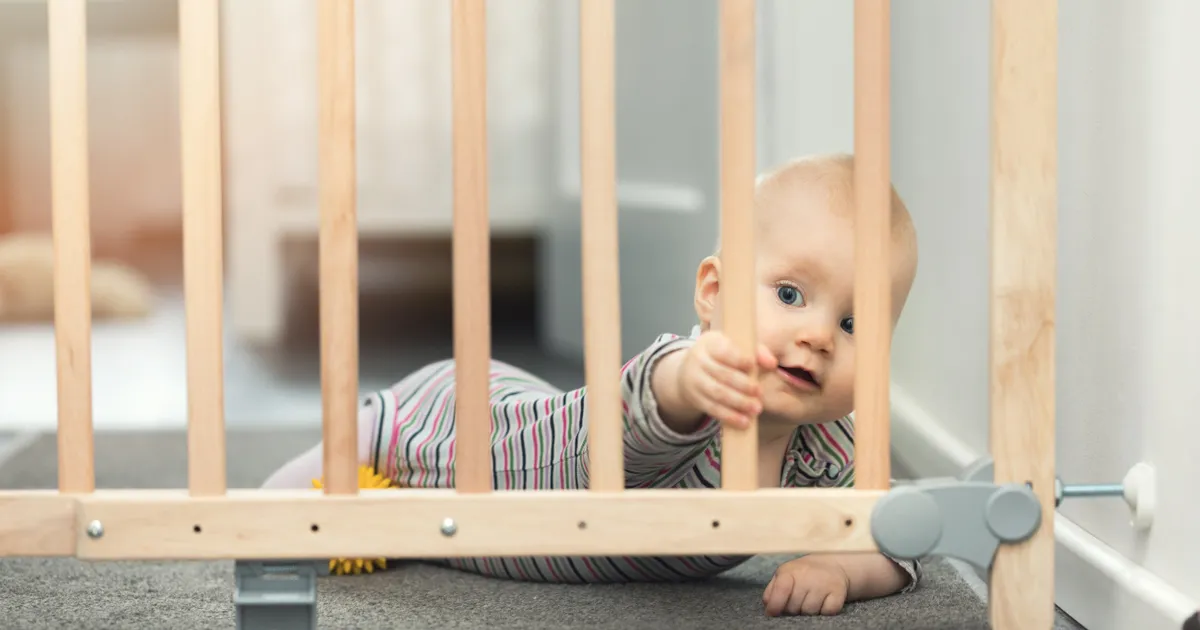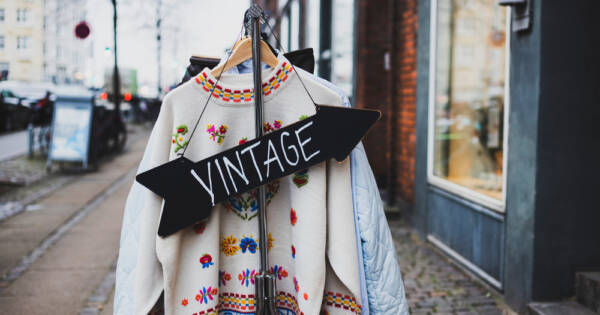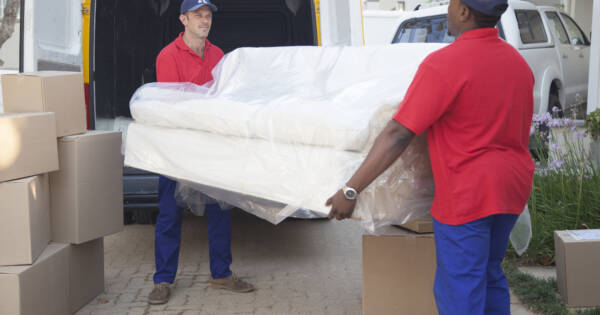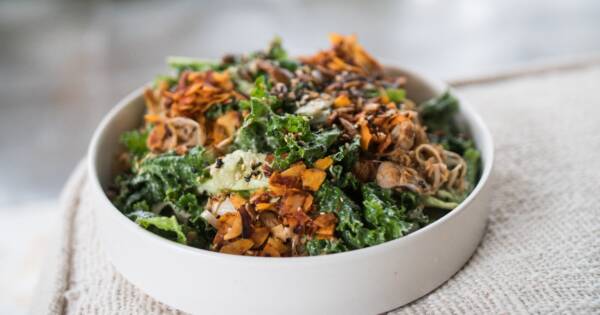The arrival of an infant in a home is a moment of pure delight, but it also calls for an immediate reassessment of household safety. As these tiny explorers begin to discover their surroundings, they often find themselves in areas of the home that can pose significant dangers to them. Fortunately, if you start a search online today, you can adapt your living spaces for infants, ensuring that every corner and cabinet fosters a safe environment for their growth and curiosity.
 Shutterstock: ronstik
Shutterstock: ronstikUnderstanding the Risks
The average home, while designed for adult convenience, often contains numerous hazards for little ones. Falls, cuts, and burns can result from everyday objects that adults don’t recognize as dangerous. 1
Sharp corners on furniture, exposed electrical outlets, and unprotected stairs can pose serious threats. Additionally, easily accessible cabinets, which might contain household chemicals or medications, can prove fatal to a child.
The curious nature of infants means they’ll explore and interact with their surroundings, often without understanding the risks. By identifying these hazards, we can take steps to minimize them.
Furniture Safety: Softening the Edges
Low-lying tables, shelves, and other furniture often have sharp corners that can injure an active infant. To address this, consider installing corner guards. Made from soft materials like silicone or foam, these guards blunt the sharp edges.
Additionally, secure top-heavy furniture like bookcases to the wall to prevent them from toppling over if an infant tries to climb. To accomplish this, you’ll need furniture anchors or straps to ensure stability and prevent tip-overs.
Electrical Safety: Beyond the Obvious
Infants are often drawn to electrical outlets, making them a significant hazard. Outlet covers are a simple and effective solution. These covers plug into the socket, preventing tiny fingers from exploring.
For homes with abundant electronic devices, it’s vital to keep cords organized and out of reach. Consider using cable management systems or hiding them behind furniture. 2
Kitchen and Bathroom Precautions: Dangerous Territories
Kitchens and bathrooms are spaces filled with numerous hazards. From sharp utensils to cleaning agents, these rooms demand special attention. Firstly, use cabinet locks to secure lower cabinets, especially those containing chemicals or sharp objects. 3
Stove knob covers can prevent little ones from turning on burners. In bathrooms, toilet locks can deter curious infants, while non-slip mats can prevent slips during bath time.
Windows and Balcony Safety: High-Risk Zones
Windows and balconies are often overlooked when childproofing a home. Yet, they pose a considerable risk of falls. Window guards or stops can be installed to ensure windows only open to a safe extent.
Additionally, ensure that furniture is not placed near windows, as infants might use them to climb. For homes with balconies, ensure the railings are not wide enough for an infant to squeeze through and consider installing a protective mesh or guard.
Tiny Objects and Choking Hazards
Infants explore the world around them primarily through their mouths, which increases the risk of choking. Regularly sweep the floor for small objects like coins, buttons, or small toys.
Toys given to infants should be large enough that they cannot be swallowed. Regular checks under furniture and in between cushions can also help identify and remove potential choking hazards.
Nurturing Safe Exploration: Play Areas and Zones
Creating dedicated play areas can significantly reduce the risk of infants encountering hazards. 4 By designating specific zones filled with age-appropriate toys, soft mats, and clear floor space, you can offer a controlled environment where they can play and learn.
Ensure that these zones are free from dangling cords, sharp objects, or small items. This approach not only guarantees safety but also stimulates their development by providing them a space designed for exploration and growth.
Green Safety: Household Plants and Your Infant
Many households love adorning spaces with indoor plants, but some can be toxic or cause allergic reactions when ingested or touched. It’s essential to research the plants in your home, removing or placing potentially harmful ones out of infants’ reach.
Some common household plants that are dangerous to children include:
- Philodendron
- ZZ plant (Zamioculcas zamiifolia)
- Caladium
- Oleander
- Peace lily (Spathiphyllum)
- Autumn crocus
- English ivy
Not all plants come with warning labels, so familiarizing oneself with toxic indoor plants can be crucial. In addition to plant placement, ensure that the soil, especially if it contains fertilizers or chemicals, remains inaccessible to wandering hands.
Make Your Home a Safe Space for Infants
Ensuring the safety of our infants within our homes is a continual process that evolves as they grow and explore. As caregivers, our role goes beyond providing love and basic needs; it’s about crafting a sanctuary where every touch, crawl, and step they take is enveloped in safety.
With a little research, you can baby-proof your home so that nobody has to worry about falls, cuts, or preventable injuries. By addressing potential hazards and cultivating a proactive safety culture, we can ensure that our little ones thrive in a nurturing and secure environment.


